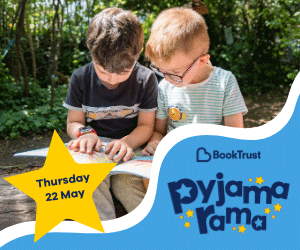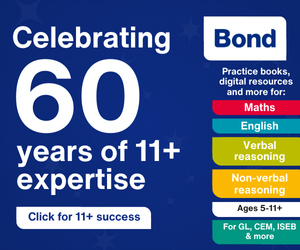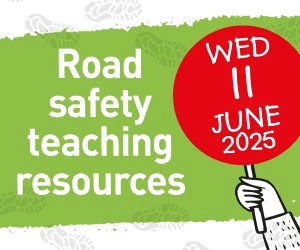Primary Times - the definitive what’s on and where to go family guide of activities and events for children of primary school age. Things to do with your kids during the school holidays including arts and craft activities, music and theatre for children, parties, competitions, days out, and family attractions along with term time drama schools, dance classes, after school clubs and sports activities. Things to do at a place near you!
My Fairtrade Adventure – New School Resource on Global Trade
A new teaching resource exploring global trade and the impact of Fairtrade has been produced for Key Stages 2 and 3, and will be available for use during Fairtrade Fortnight (23 February-8 March).
My Fairtrade Adventure includes short films and supporting materials, and is available to download for free at http://schools.fairtrade.org.uk/resources.
The resource is the first of its kind. It follows Tayna, a 13 year old student from Enfield, London, as she visits cocoa farmers of Conacado, a Fairtrade co-operative in the Dominican Republic, to learn what trade is, where the ingredients in her chocolate bar come from and why Fairtrade is needed.
Through Tayna’s experiences students have the opportunity to learn about the lives of cocoa farmers, their families, the food supply chain as well as to discuss what they can do to help make trade fair.
The resource can be used to introduce Fairtrade either as a completely new topic, or to deepen understanding with classes who have already begun talking about it.
In a recent survey commissioned by the Fairtrade Foundation, more than eight in 10 of the UK teens (82%) said they think companies need to act more responsibly, but fewer than half (45%) said they trust companies to behave ethically. The vast majority (nine in 10) said they are willing to take action on issues they care about, with buying an ethical product being their most popular course of action. [i]
Kate Jones, Education Campaigns Manager at the Fairtrade Foundation, said: “Young people told us that they care about a wide range of global issues, such as ethical trading, inequality, poverty and workers' rights, and so our film is a brilliant way to help students, as the consumers of tomorrow, see how their decisions in what they buy can make a difference.
“It is the first time the Fairtrade Foundation has produced an educational film that shows Fairtrade and the lives of farmers through the eyes of a young person, someone students can refer to. We hope teachers will welcome this exciting new resource to help young people develop their knowledge and understanding of global issues.”
70% of the world’s food is produced by 500 million smallholder farmers[i] yet many of them can’t feed their families. The Dominican Republic, for instance is the second poorest country in the Caribbean. Fairtrade helps farmers across the developing world receive a stable price for their product, as well as an additional Fairtrade Premium, used by producers and workers to invest in their communities or businesses – whether that’s building a school or hospital, or investing in better environmental farming methods.
Tayna learnt about the poverty in the Dominican Republic and so she was pleased to meet children attending a school with money from Fairtrade Premiums: “I learnt a lot during my trip to Dominican Republic, including how cocoa is grown and how my shopping choices can affect the lives of farmers, and their families.
“Now I can see what is behind the hot chocolate and other things I buy in the shops. I remember there’s a country, a community, a family behind everything I buy and eat.”
Schools have been a big part of the Fairtrade movement. There are currently over 1,400 Fairtrade Schools in the UK, and that number continues to rise thanks to the support of dedicated teachers and students.
My Fairtrade Adventure includes three short films for Key Stage 3 and one for Key Stage 2, and classroom materials, and can be downloaded at http://schools.fairtrade.org.uk/resources.
To find out more about how to become a Fairtrade School or to sign up to the Fairtrade Schools newsletter, visit http://schools.fairtrade.org.uk/.
[i] GlobeScan online survey of 1,000 UK teens aged 13 - 20 years old, weighted to be nationally representative by age, gender and region and carried out 6 - 21 September 2014.
[i] Powering up smallholder farmers to make food fair, February 2013 (page 12) from ETC Group, Who Will Feed Us?: Questions for the food and climate crises, November 2009; (page 4) from International Assessment of Agricultural Science Technology for Development (IAASTD) Global Report Agriculture at a Crossroads, 2008





